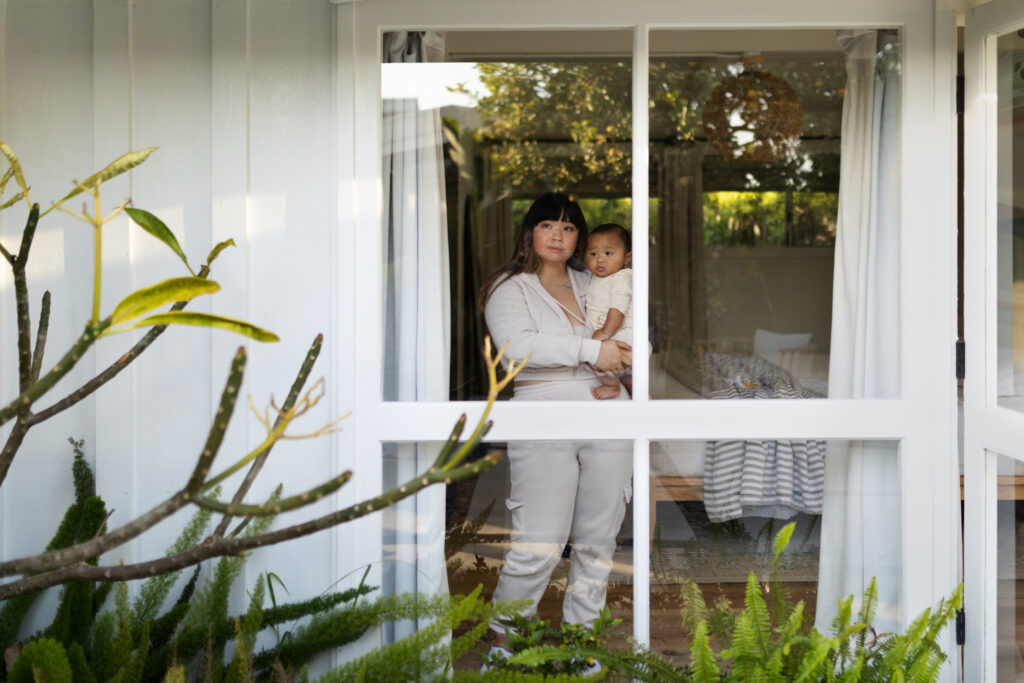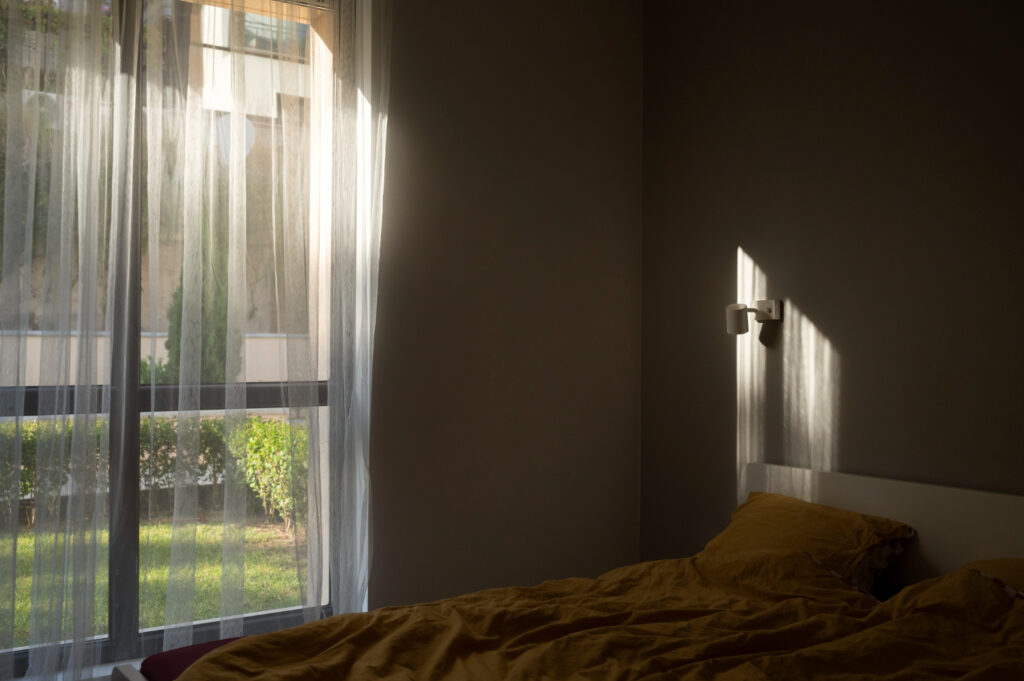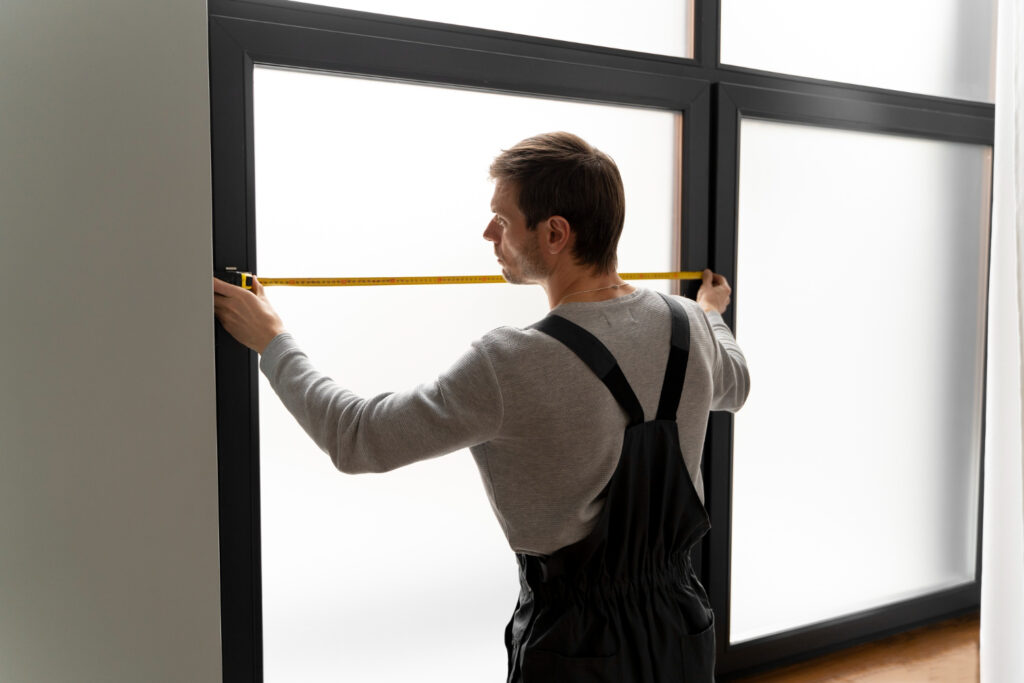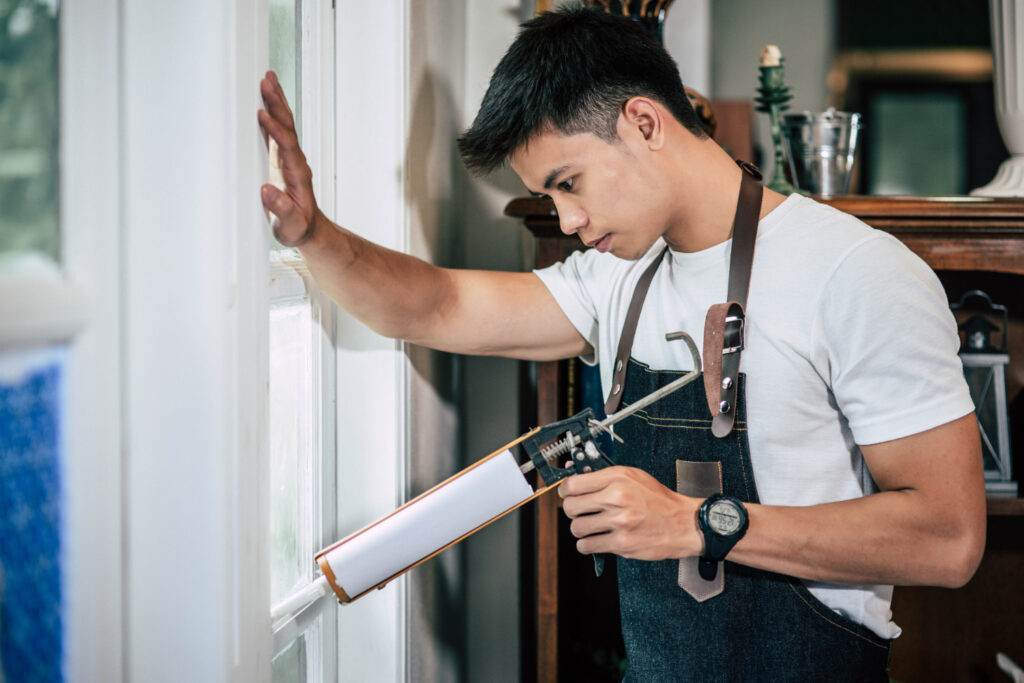
Basement windows play a crucial role in any home, providing natural light, ventilation, and even emergency exits. However, they often pose unique challenges due to their location below ground level. In this comprehensive guide, we will explore the importance of basement windows and delve into safety considerations, different types, and styles, energy efficiency options, installation and maintenance tips, enhancing security, window treatments and coverings, as well as common problems and troubleshooting solutions. By the end of this guide, you will be equipped with the knowledge to make informed decisions regarding your basement windows.
Importance of Basement Windows
Basement windows serve multiple purposes and are essential for the overall functionality of your home. Firstly, they allow natural light to enter the basement, making the space more inviting and usable. This is particularly important if you use your basement as a living area, workspace, or recreational room. Natural light not only enhances the aesthetics but also improves the mood and productivity of the occupants.
In addition to providing natural light, basement windows also offer ventilation. Proper airflow is crucial for preventing the buildup of moisture, odors, and harmful gases in the basement. By allowing fresh air to circulate, basement windows help maintain a healthy and comfortable environment. Furthermore, in the event of a fire or other emergencies, basement windows can serve as additional escape routes, ensuring the safety of the occupants.
Safety Considerations for Basement Windows
When it comes to basement windows, safety should be a top priority. Since they are located below ground level, they are more susceptible to break-ins and accidents. Therefore, it is essential to take certain safety precautions to protect your home and loved ones. One important consideration is the material of the window. Opt for durable materials such as reinforced glass or laminated glass that are more difficult to break. Additionally, installing window bars or grilles can act as a deterrent for potential intruders while still allowing for emergency egress.
Another safety consideration is the window well, which is the area outside the window that allows light and air to enter the basement. It is crucial to ensure that the window wells are properly designed and maintained to prevent accidents. Install covers or grates over the window wells to prevent debris accumulation and keep children and pets from falling in. Regularly inspect the window wells for any signs of damage or deterioration and promptly address any issues.
Types of Basement Windows
Basement windows come in various types, each with its advantages and considerations. The most common types include casement windows, sliding windows, hopper windows, and egress windows.
Safety-First Egress Windows
Egress windows, often situated below ground level, feature an external window well equipped with steps or a ladder to facilitate emergency exits or entries. The primary objective of these windows is safety, leading to their generally larger size compared to other basement windows. This is in line with local building codes that specify minimum sizes for such windows in basements with bedrooms or living areas, making casement and sliding windows popular choices for egress purposes due to their ample opening sizes.
Opting for egress window installation requires adherence to local regulations, and it’s advisable to engage a professional to ensure the installation meets safety norms. Beyond their critical safety role, egress windows also introduce natural light and can enhance home value by adding a legal bedroom, converting a gloomy space into one that’s inviting and functional. Many homeowners find that installing just one egress window significantly improves their basement’s usability.
Daylight Windows: A Beacon of Natural Light

Daylight windows serve to illuminate basements naturally, without serving as exit points. Although smaller than egress windows, they still usher in a considerable amount of sunlight. Typically installed high on basement walls, they allow light in while maintaining privacy. Daylight windows like awning types can be opened, promoting air circulation and alleviating musty odors, making them a subtle yet effective way to brighten and refresh your basement.
Walkout Windows: Merging Indoors and Outdoors
Walkout windows, aptly named for their role in providing direct access from the basement to the outside, are ideal for homes on sloped lands or with raised foundations, sitting entirely above ground. They often come in large formats, such as picture, casement, or sliding windows, facilitating a strong connection between indoor spaces and the backyard. These windows are prized for their ability to flood basements with light and seamlessly extend living spaces outdoors, enhancing both functionality and aesthetic appeal.
Updating Glass Block Windows for Privacy and Safety

Traditionally, homes with less emphasis on basement living used glass block windows, which offered privacy and some light but lacked egress capabilities. Today, the shift towards safety and the requirement for egress windows suggest moving away from glass blocks. However, for those seeking to preserve privacy while upgrading, windows with frosted or decorative glass are available, marrying the privacy benefits of glass blocks with the safety features of egress windows.
When selecting basement windows, balance your needs with local code requirements. Egress windows prioritize safety, walkout windows enhance accessibility and connection to the outdoors, while daylight and frosted glass windows add functionality and privacy. Regardless of the choice, the right basement windows can transform your lower level into a brighter, more secure, and versatile space.
Choosing the Right Style for Your Basement Windows
When it comes to choosing the right style for your basement windows, it is important to consider both functionality and aesthetics. The style should complement the overall design of your home while also meeting your specific needs. If you are looking for maximum ventilation and unobstructed views, casement windows are an excellent choice. They offer a modern and sleek look that can enhance the overall aesthetics of your basement.
On the other hand, if space is limited or you prefer a more traditional look, sliding windows or hopper windows may be more suitable. Sliding windows are easy to operate and provide a classic look, while hopper windows offer improved insulation and security. Additionally, consider the size and placement of the windows to ensure they align with the natural light requirements and privacy needs of your basement.
Installing and Maintaining Basement Windows

Proper installation is crucial for the longevity and performance of your basement windows. It is recommended to hire a professional for window installation to ensure proper sealing, weatherproofing, and adherence to building codes. However, if you choose to install the windows yourself, follow the manufacturer’s instructions carefully and use the appropriate tools and materials.
Once the basement windows are installed, regular maintenance is essential to keep them in optimal condition. Clean the windows and frames regularly, removing any dirt, dust, or debris that may accumulate. Inspect the seals and weatherstripping for any signs of wear or damage, and replace them if necessary. Additionally, lubricate the hinges and tracks as needed to ensure smooth operation. Regular maintenance will not only prolong the lifespan of your basement windows but also prevent potential issues from arising.
Enhancing Security for Basement Windows
Basement windows are often considered vulnerable points of entry for intruders. Therefore, enhancing their security is of utmost importance. Apart from choosing durable materials and installing window bars or grilles, there are additional security measures you can take. Consider installing window sensors or alarms that can alert you in case of unauthorized entry attempts. Motion-sensor lights around the windows can also act as a deterrent and improve visibility at night.
Furthermore, landscaping and exterior lighting can play a significant role in deterring potential intruders. Trim any shrubs or bushes near the windows to eliminate hiding spots. Install exterior lighting that illuminates the windows and the surrounding area, making it less attractive for burglars. By implementing these security measures, you can have peace of mind knowing that your basement windows are well-protected.
Basement Window Treatments and Coverings

Window treatments and coverings not only add to the aesthetics of your basement but also provide privacy, light control, and insulation. Depending on your preferences and the purpose of your basement, you can choose from various options. Curtains and drapes offer versatility and can be easily adjusted to control light and privacy. Blinds and shades provide a more modern and sleek look while allowing for precise light control.
In addition to aesthetics, consider the insulation properties of the window treatments. Cellular or honeycomb shades, for example, provide excellent insulation by trapping air in their cells. This helps to regulate the temperature and reduce energy loss through the windows. Whatever type of window treatment you choose, make sure it complements the overall design of your basement and meets your specific needs.
Common Problems and Troubleshooting Solutions for Basement Windows
Despite proper installation and maintenance, basement windows may encounter various problems over time. Some common issues include condensation, drafts, leaks, and window hardware malfunctions.
Condensation can occur when warm, moist air comes into contact with the cold window surface. To mitigate this, ensure proper ventilation in the basement and use dehumidifiers if necessary. If drafts are an issue, inspect the seals and weatherstripping for any gaps or damage and replace them as needed.
Leaking windows can be caused by improper installation or deteriorated seals. If you notice water infiltration, it is crucial to identify the source of the leak and address it promptly. Window hardware malfunctions, such as broken locks or hinges, should be repaired or replaced to ensure proper functionality and security.
If you encounter any problems with your basement windows, consult a professional for an accurate diagnosis and appropriate solutions.
Conclusion
At Rhino Siding & Window Replacement, we understand that basement windows play a crucial role in every home by offering natural light, ventilation, and enhanced safety. Recognizing the significance of these elements, we are committed to guiding you through the process of selecting, installing, and maintaining your basement windows.
Whether you’re undertaking a basement remodel or constructing a new residence, we emphasize the importance of balancing functionality and aesthetics to ensure your basement is both inviting and comfortable. Our team of experts is here to provide professional advice tailored to your unique needs and requirements, ensuring you make the most informed decisions for your home.
Trust Rhino Siding & Window Replacement to elevate the quality of your living space with the perfect basement window solutions.